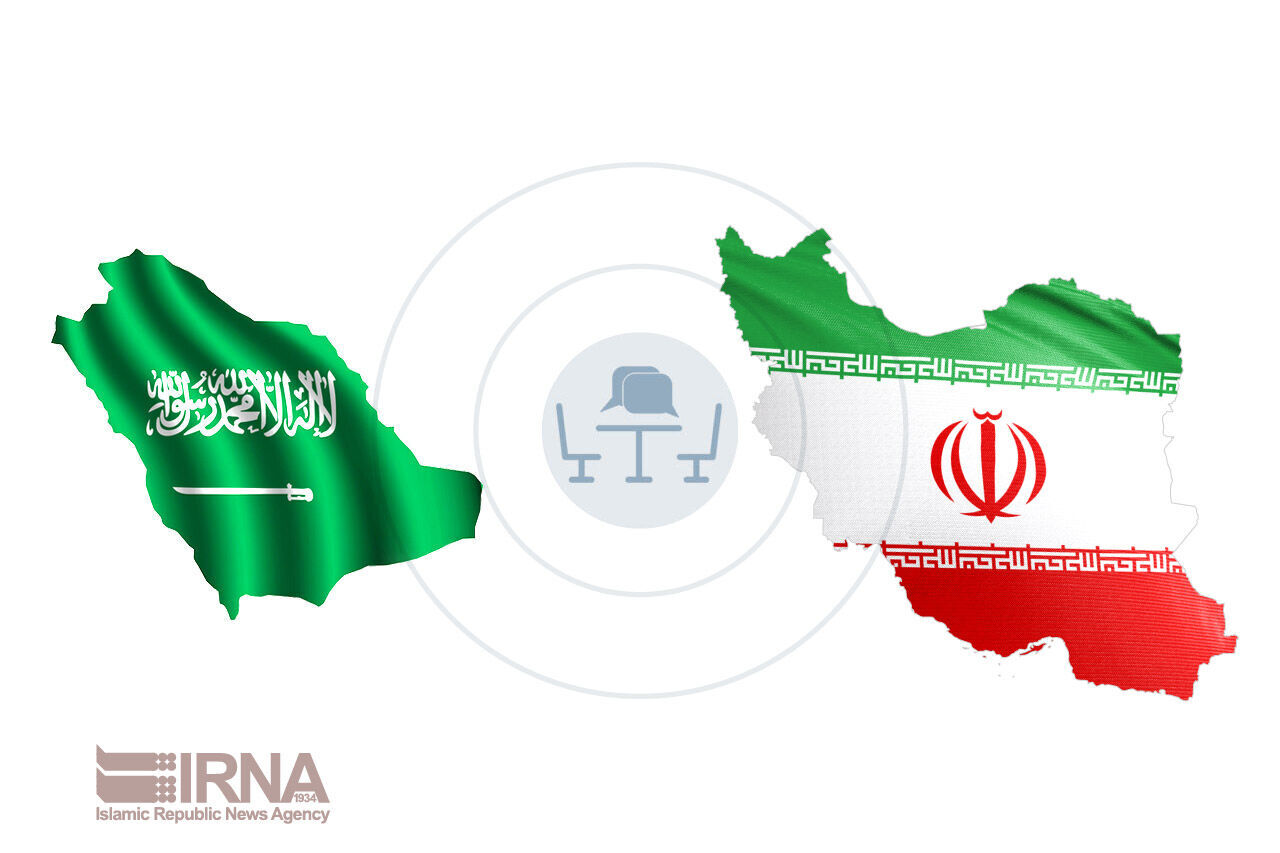ID :
629852
Wed, 05/11/2022 - 18:41
Auther :
Shortlink :
https://oananews.org//node/629852
The shortlink copeid
Saudi Arabia's pivot to rational approach in ties with Iran

Tehran, May 11, IRNA – Mediators and experts describe Iran-Saudi Arabia rapprochement talks as being “positive, forward” and there has even been talk of reopening of embassies. There seems that Riyadh has adopted a sensible approach with an understanding of Iran’s goodwill and the realities of the Middle East.
Positive signals have gradually deescalated Iran-Saudi Arabia ties and paved the ground for a new chapter in their relationship. Although it is too soon to predict a favored level of ties and the existing barriers and transregional interventions are still there, there are evidences of a specific level of determination to solve misunderstandings.
The new Iranian administration’s view of the region and the West Asia’s need to some peace as the Saudis have realized and have prepared the ground for the aforementioned positive signals. However, one should be cautious of optimistic speculations, as the variables involved in Tehran-Riyadh relations vary.
Pivot to national interests
After President Ebrahim Raisi took office last year, the region and Iran's neighboring countries regained momentum in Tehran's foreign policy, allowing for clearing up misunderstanding and counter transregional abuse. President Raisi has tried to put the Middle East on top of his shortlist of foreign relations. Resuming ties with Saudi Arabia which began to be whispered early in 2021 and got serious after Raisi’s election as president could be thought of in this framework.
Tension pivots in Tehran-Riyadh relations
Iran-Saudi not so warm relationship experienced its coldest ever period in the winter of 2017 after Tehran’s protest over the execution of the Saudi Arabia Shiite cleric Nimr Baqir al-Nimr. The 2015 Mena stampede which led to the death of many Iranian pilgrims was followed by Tehran's severe complaint over Saudis’ irresponsibility and worsened the relationship; a situation which has prolonged until the present.
Other factors, including Saudi invasion of Yemen, have even exacerbated the conditions, preventing any breakthrough. However, Saudi Arabia's struggle to find a way to end the war in Yemen in recent weeks could remove one of the hurdles ahead of Iran-Saudi reconciliation.
Another factor involved in Tehran-Riyadh relationship is the Saudi side’s being affected by transregional policies and the West’s interference in the details of Iran-Saudi Arabia ties. The United States wants to introduce Iran has a terrible foe to the neighboring countries to be able to sell its weapons to the Persian Gulf states.
Stockholm International Peace Research Institute (SIPRI) has said in a report that Saudi Arabia has purchased 25% of US weapons sold between 2014 and 2019, while the figure was about only 7% between 2010 and 2014. That said, Washington will spare no effort to maintain the two strategies.
Providing the Zionist Regime’s security and consolidating its status in the Middle East is another policy of the US in the region which is pursued through such strategies as normalization of Israel’s ties with Arab states via agreements like Abraham Accords. That’s why the Zionist Regime has become nervous since Iran and Saudi Arabia has begun efforts to mend fences.
The Saudis can be as much hopeful for reconciliation with Iran as they manage to decrease the amount of affection from such variables. Riyadh has proven to be not so much hopeful of its relations with Washington in the new period and this can be evidenced by its non-cooperation with the US policies against Russia in the recent Ukraine crisis. Furthermore, neither regional nor transregional countries can deny Iran’s powerful influence in Southwest Asia and this can be a gamechanger in many regional and even global developments.
Regional security and stability
Security and stability in the region cannot be provided unless all the countries in the region join forces. And this has requirements and also obstacles ahead which necessitates serious determination to be removed.
As seen in the opinions of Supreme Leader of the Islamic Revolution Ayatollah Seyyed Ali Khamenei as the one who has the final say on Iran's policies in the region, the Islamic Republic of Iran recognizes reliance to internal capacities as the most important factor for providing security both in a country and in a region.
Iran has announced that it was ready to develop and strengthen ties with all countries in the region and join forces to establish the region’s security and stability through a regional agreement. In the meantime, Tehran has always warned against the Zionist Regime's dangerous nature for the region as it believes that the regime has been seeking for chaos all across the West Asia region.
Follow us on Twitter @IrnaEnglish





